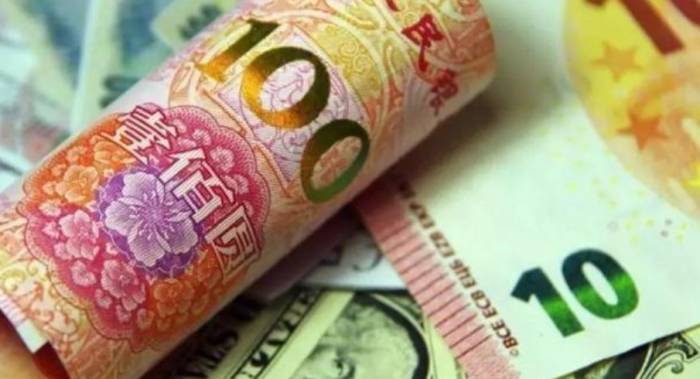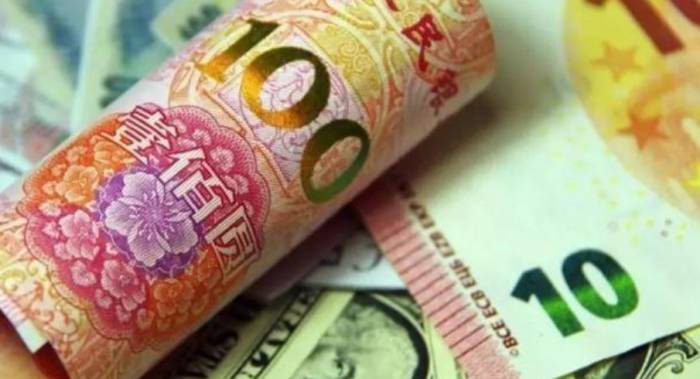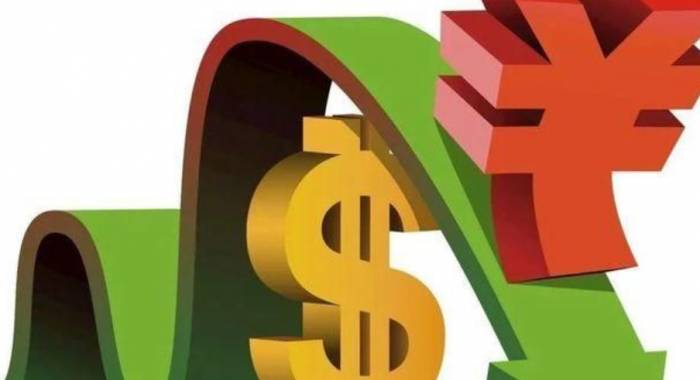The first batch of share repurchase and increase loan cases has officially taken effect. Recently, 23 listed companies announced that they have signed cooperation agreements with banks or obtained loan commitment letters, securing loan quotas for share repurchase or shareholder increase, with a total scale exceeding ten billion yuan.
Less than a month after the announcement on September 24 to establish a share repurchase and increase loan tool, the completion of practical cases highlights the determination and strength of the higher-ups to boost the capital market, reflecting the market's welcome and enthusiasm for the re-lending tool. Making good use of this policy tool is greatly beneficial for boosting confidence, stabilizing expectations, and enhancing the inherent stability of the capital market.
The "long money" in the capital market has been enriched. The imbalance of investment and financing and the lack of long-term funds have always been a shortcoming of China's capital market. The share repurchase and increase loan tool aims to start from the investment end, bringing real financial benefits to the market. According to policy arrangements, the central bank issues low-interest re-lending to reduce the cost of funds on the bank side in a targeted manner, supporting listed companies and major shareholders to repurchase or increase shares. The first phase of the quota is 300 billion yuan, and it may increase later. This is equivalent to creating a stable fund pool for the capital market, which can continuously inject liquidity and dynamically promote the coordination of market investment and financing functions.
Listed companies have a better handle on market value management. With the help of re-lending tools, the ability and willingness of listed companies to manage market value can achieve a "double improvement". The re-lending interest rate is relatively low,原则上 not exceeding 2.25%, which is lower than the cost of borrowing from other financial institutions, directly solving the problem of listed companies and major shareholders wanting to repurchase and increase but suffering from insufficient funds. Moreover, a loan interest rate not exceeding 2.25% means that as long as the dividend rate of listed companies is higher than 2.25%, it is cost-effective for companies and major shareholders to use re-lending to increase and repurchase, and even profitable. This also motivates them to use loans to repurchase or increase when the stock price falls, helping to guide listed companies to pay more attention to market value management and improve overall return ability.
Market confidence can be strongly boosted. As an important tool for listed companies to optimize equity structure and reward investors, repurchase and increase can convey positive signals to the market that the company's intrinsic value is underestimated and the company's future development is optimistic, thereby winning investor support and improving the company's valuation level. In addition, according to regulations, repurchase and increase using re-lending can only be carried out through centralized bidding, which can directly increase the transaction volume of related stocks and enhance activity, supporting stock prices. On the day after the first batch of cases landed, the stock prices of most related companies rose at the opening, and the recognition of investors was "visible in price".
Of course, the repurchase and increase loan tool is not a "panacea". It cannot directly increase the revenue of listed companies, nor can it fundamentally improve the basic situation of enterprises. Listed companies still need to apply according to their needs. After all, no matter how low the interest rate of the loan is, it is still necessary to repay the principal and interest. If companies blindly follow the trend and take on a large amount of debt, it will undoubtedly bring a burden to the development of the enterprise if the subsequent operation is not good. Listed companies should start from their actual situation, make scientific and prudent decisions, rationally assess risks and benefits, and ensure that the use of re-lending tools can benefit all shareholders and promote the sustainable development of the enterprise.
It should also be seen that supporting listed companies to repurchase and increase does not mean unconditionally "transfusing blood". For the use of re-lending funds, relevant departments have made strict regulations, requiring "special funds for special use, closed operation", etc. From the first batch of re-lending landing situations, commercial banks are more cautious in checking, and loan objects tend to be listed companies with healthy fundamentals, strong debt performance ability, and good development prospects. In this way, the combination of supervision and management can prevent the misuse of funds and ensure that policy tools truly play a role in stabilizing the market.
In recent times, a series of targeted incremental policies have continued to take effect, and the effect of "striving to boost the capital market" has gradually become apparent, with market transactions heating up and confidence warming up. It is believed that with the mature application and implementation of policy tools such as repurchase and increase loans, the current good momentum will continue, promoting the stable and far-reaching development of the capital market.





























